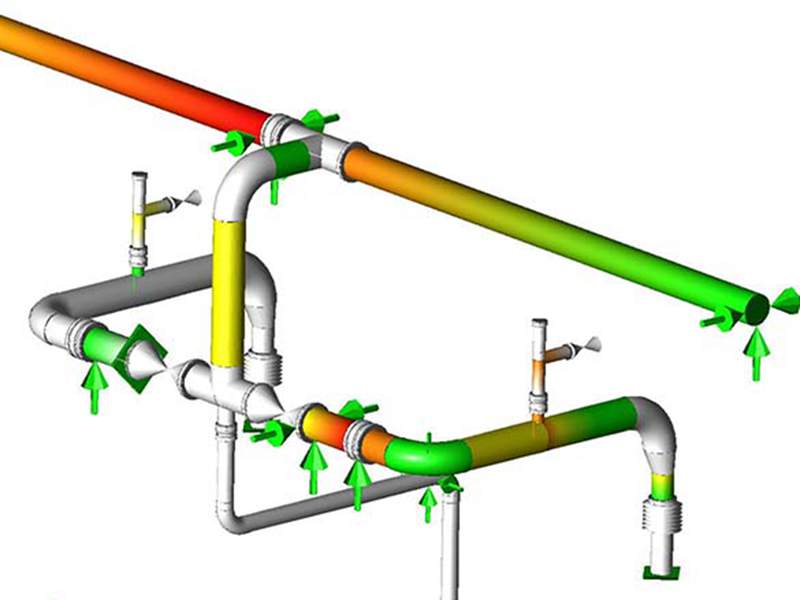
-
 Afrikaans
Afrikaans -
 Albanian
Albanian -
 Amharic
Amharic -
 Arabic
Arabic -
 Armenian
Armenian -
 Azerbaijani
Azerbaijani -
 Basque
Basque -
 Belarusian
Belarusian -
 Bengali
Bengali -
 Bosnian
Bosnian -
 Bulgarian
Bulgarian -
 Catalan
Catalan -
 Cebuano
Cebuano -
 China
China -
 China (Taiwan)
China (Taiwan) -
 Corsican
Corsican -
 Croatian
Croatian -
 Czech
Czech -
 Danish
Danish -
 Dutch
Dutch -
 English
English -
 Esperanto
Esperanto -
 Estonian
Estonian -
 Finnish
Finnish -
 French
French -
 Frisian
Frisian -
 Galician
Galician -
 Georgian
Georgian -
 German
German -
 Greek
Greek -
 Gujarati
Gujarati -
 Haitian Creole
Haitian Creole -
 hausa
hausa -
 hawaiian
hawaiian -
 Hebrew
Hebrew -
 Hindi
Hindi -
 Miao
Miao -
 Hungarian
Hungarian -
 Icelandic
Icelandic -
 igbo
igbo -
 Indonesian
Indonesian -
 irish
irish -
 Italian
Italian -
 Japanese
Japanese -
 Javanese
Javanese -
 Kannada
Kannada -
 kazakh
kazakh -
 Khmer
Khmer -
 Rwandese
Rwandese -
 Korean
Korean -
 Kurdish
Kurdish -
 Kyrgyz
Kyrgyz -
 Lao
Lao -
 Latin
Latin -
 Latvian
Latvian -
 Lithuanian
Lithuanian -
 Luxembourgish
Luxembourgish -
 Macedonian
Macedonian -
 Malgashi
Malgashi -
 Malay
Malay -
 Malayalam
Malayalam -
 Maltese
Maltese -
 Maori
Maori -
 Marathi
Marathi -
 Mongolian
Mongolian -
 Myanmar
Myanmar -
 Nepali
Nepali -
 Norwegian
Norwegian -
 Norwegian
Norwegian -
 Occitan
Occitan -
 Pashto
Pashto -
 Persian
Persian -
 Polish
Polish -
 Portuguese
Portuguese -
 Punjabi
Punjabi -
 Romanian
Romanian -
 Russian
Russian -
 Samoan
Samoan -
 Scottish Gaelic
Scottish Gaelic -
 Serbian
Serbian -
 Sesotho
Sesotho -
 Shona
Shona -
 Sindhi
Sindhi -
 Sinhala
Sinhala -
 Slovak
Slovak -
 Slovenian
Slovenian -
 Somali
Somali -
 Spanish
Spanish -
 Sundanese
Sundanese -
 Swahili
Swahili -
 Swedish
Swedish -
 Tagalog
Tagalog -
 Tajik
Tajik -
 Tamil
Tamil -
 Tatar
Tatar -
 Telugu
Telugu -
 Thai
Thai -
 Turkish
Turkish -
 Turkmen
Turkmen -
 Ukrainian
Ukrainian -
 Urdu
Urdu -
 Uighur
Uighur -
 Uzbek
Uzbek -
 Vietnamese
Vietnamese -
 Welsh
Welsh -
 Bantu
Bantu -
 Yiddish
Yiddish -
 Yoruba
Yoruba -
 Zulu
Zulu
FRP Spraying Pipe Innovations for Enhanced Application Efficiency and Durability
The Advantages of FRP Spraying Pipes A Modern Solution for Various Industries
Fiber Reinforced Polymer (FRP) piping systems have gained significant attention across various industries, thanks to their unique properties and advantages over traditional materials like steel or PVC. The development of FRP spraying pipes has revolutionized the way industries manage fluid transport. In this article, we will explore the benefits and applications of FRP spraying pipes, highlighting why they are becoming a preferred choice in today's marketplace.
Understanding FRP
FRP pipes are made from a composite material that combines a polymer matrix with reinforcement fibers, typically glass or carbon. This combination results in a lightweight, strong, and durable product that can withstand harsh environmental conditions. The spraying method of creating FRP pipes involves applying a resin mixed with reinforcement fibers directly onto a mold, forming a pipe with superior mechanical properties and excellent corrosion resistance.
Key Advantages of FRP Spraying Pipes
1. Corrosion Resistance One of the most significant advantages of FRP spraying pipes is their resistance to corrosion. Unlike traditional metal pipes that can rust over time, FRP pipes do not corrode when exposed to a variety of chemicals and aggressive environments. This makes them ideal for industries such as chemical processing, wastewater management, and marine applications.
2. Lightweight FRP pipes are considerably lighter than their metal counterparts, making them easier to handle, transport, and install. This lightweight nature not only reduces labor costs but also decreases the overall load on support structures, allowing for more efficient designs in various applications, including construction and oil and gas transportation.
3. High Strength-to-Weight Ratio The use of composite materials gives FRP pipes an excellent strength-to-weight ratio, making them strong enough to withstand high internal pressures while remaining light. This quality is crucial in applications where pressure fluctuations can occur, such as water delivery systems and industrial processing facilities.
frp spraying pipe

4. Thermal Insulation FRP pipes provide good thermal insulation, helping to maintain temperature in fluid transport. This attribute is especially beneficial in processes that require specific temperature conditions, avoiding heat loss in cooling systems or temperature fluctuations in chemical processes.
5. Flexibility in Design The ability to customize FRP pipes in various sizes, shapes, and diameters is a significant advantage in terms of design flexibility. Industries can design piping systems that fit specific operational needs, leading to more efficient layouts and reduced material wastage.
6. Cost-Effectiveness Although the initial investment for FRP spraying pipes may be higher than traditional materials, the long-term savings due to reduced maintenance costs, longer lifespan, and lower installation efforts make them a cost-effective choice. Their durability also means that replacement frequencies are lower, translating to further savings over time.
Applications of FRP Spraying Pipes
Due to their outstanding properties, FRP spraying pipes are employed in a multitude of applications, including
- Chemical Processing Plants Handling corrosive substances safely and efficiently. - Wastewater Treatment Facilities Withstanding the harsh conditions of sewer systems. - Oil and Gas Industries Transporting fluids safely under challenging environmental conditions. - Marine Engineering Providing corrosion resistance in seawater contexts. - Civil Engineering Projects Used in drainage systems and as part of modern infrastructure.
Conclusion
FRP spraying pipes represent a technological advancement that addresses many challenges faced by industries today. Their superior corrosion resistance, lightweight nature, high strength, and versatility for various applications position them as a preferable choice. As industries continuously seek ways to enhance efficiency and sustainability, FRP piping systems will likely play a pivotal role in shaping the future of fluid transport. By embracing these innovative solutions, companies can not only improve their operational processes but also contribute to long-term environmental sustainability.









